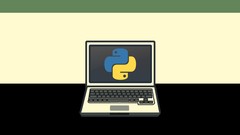Text Recognition in Python with pytesseract
Posted by Al Sweigart in misc
Extracting text as string values from images is called optical character recognition (OCR) or simply text recognition. This blog post tells you how to run the Tesseract OCR engine from Python. Includes working code examples.

